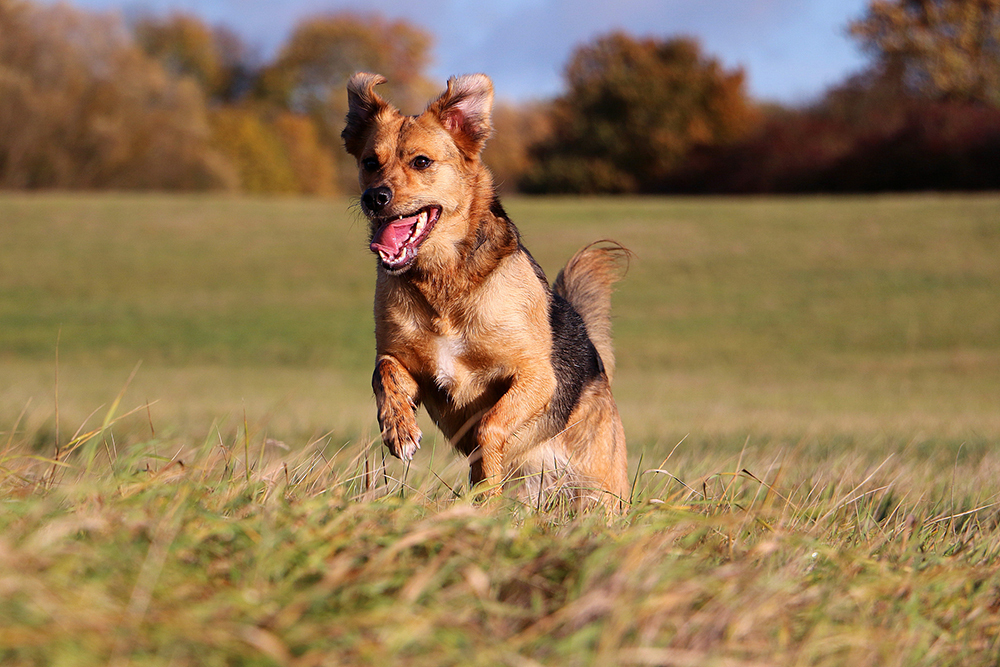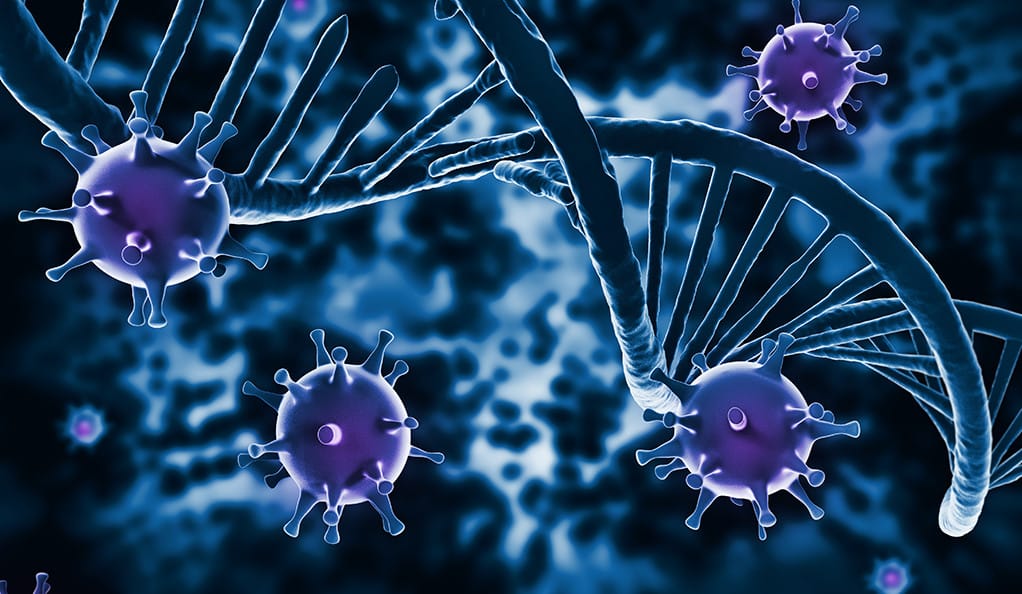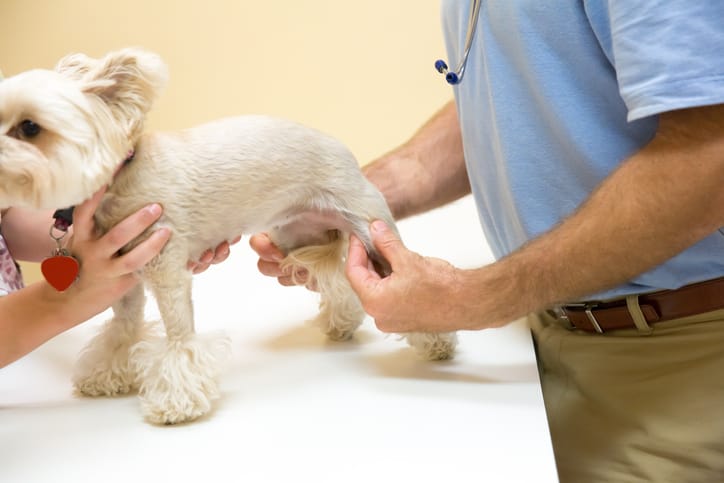Learn : Research & Success Stories
Nom Nom & the Gut Microbiome: Making All the Difference
In a recent study, scientists looked at the gut microbiome of dogs who switched from kibble to Nom Nom. The results further confirm how a gently cooked diet can support gut health — and overall health — in dogs!
With an abundance of supporting scientific evidence, we are confident in saying that the gut microbiome plays a significant role in the overall health of your dogs. We also know that diet is a major factor in shaping the microbiome.
What kind of impact does a gently cooked diet like Nom Nom have on the gut microbiome profile? This was the question that scientists aimed to answer in a first-of-its-kind research study, which has since been formally published in PeerJ, an open access peer-reviewed scientific journal.
The study
A group of healthy doggies ready to switch from a kibble diet to Nom Nom were invited to join a study. Their parents were asked to collect two stool samples: first before switching to Nom Nom, and then again four weeks after their dogs had been fed Nom Nom.
The stool samples were used to check what groups of bacteria — and how much of each — live in the guts of these dogs. Before and after switching to Nom Nom.
The results
Not only did dog parents report an overwhelming improvement in many health measures, the dogs themselves told a similar story with their poops! A significant shift in many gut bacterial populations was reported as a result of diet change.
First of all, an increase was seen in many species in the order Lactobacillales — more commonly known as lactic acid bacteria (LAB).
LAB are sometimes referred to as “the good guys”, because they produce lactic acid and short-chain fatty acids which have been shown to be beneficial to the gut and immune health of the host. Some of them can even produce antimicrobial agents, deterring overgrowth of unhealthy pathogenic bacteria that may cause disease. LAB are frequently included in probiotics products, including our Full Spectrum and GI-Targeted Probiotics for Dogs. Some examples of LAB are Lactobacillus, Streptococcus, and Leuconostoc, all of which can also be found in fermented foods like yogurt, kefir and kimchi.
On the other hand, bacteria in the families Clostridiales, Bacillales, and Prevotellaceae decreased after switching to Nom Nom. Sadly, science knows almost nothing about their functions and effects on health in dogs.
That said, many species of Bacillales are found in soil and water, while those of Clostridiales are found in feces of both healthy people and those with infections. Both Bacillales and Clostridiales belong to the phylum Firmicutes, which some studies in humans and mice have tied to a higher risk of obesity.
Finally, a significant increase was observed in a handful of Proteobacteria species. Proteobacteria get a pretty bad rap because some of them cause diseases in humans, particularly in those with compromised immune function.
However, dogs aren’t humans. Protein in their diet fuels the growth of Proteobacteria, and because dogs generally consume more protein than we humans, we often see higher Proteobacteria in dogs. Since Nom Nom recipes are higher in protein than many kibble diets (compared on a dry matter basis), the increase in Proteobacteria seen in this study may be explained by increased protein intake.
Not all diets are created equal
Differences in the macronutrient profile (carbohydrate, fat, and protein) between the kibble and gently cooked diets definitely influenced the gut microbiome to a certain extent. However, macronutrient composition is likely not the only factor. Nom Nom meals are made from high quality proteins and vegetables, packed with fiber, phytonutrients, and anti-inflammatory omega-3 fatty acids.
We’ve also shown that our diets are more digestible than your typical kibble diet. Emerging evidence suggests that all of these factors may have a positive effect on the gut microbiome, but with this kind of study it’s difficult for us to isolate all the individual effects.
What does all this mean for dog parents?
This is the first time the effect on the gut microbiome from switching to a gently cooked diet has been investigated in household dogs. There are things we are pretty confident that are beneficial to your dogs (e.g. increased LAB), and there are things that we’re still learning about (e.g. increased Proteobacteria). There is just so much more about the microbiome waiting to be discovered, and we can only feel grateful to be part of the journey.
We’re always looking for good dogs
Little by little, each fecal sample is improving understanding of the microbiome and its relationship with canine nutrition and overall health.
Tanprasertsuk J, Shmalberg J, Maughan H, Tate DE, Perry LM, Jha AR, Honaker RW. 2021. Heterogeneity of gut microbial responses in healthy household dogs transitioning from an extruded to a mildly cooked diet. PeerJ 9:e11648 https://doi.org/10.7717/peerj.11648



 Microbiome and the Immune System
Microbiome and the Immune System
 Microbiome And Its Relationship To Health
Microbiome And Its Relationship To Health
 The Microbiome and Your Pet's Joints
The Microbiome and Your Pet's Joints
 Obesity & The Microbiome
Obesity & The Microbiome
 Microbiome in Nutrition
Microbiome in Nutrition